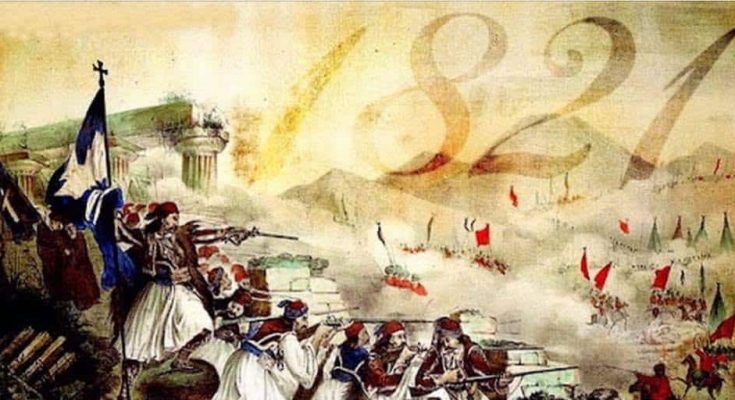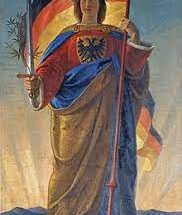The Greek War of Independence was not just a local struggle for freedom but a significant event that resonated across Europe, influencing the course of 19th-century history and contributing to the broader narrative of nationalism and liberation movements.
Context and Causes
- Ottoman Rule- Greece had been under the control of the Ottoman Empire since the 15th century, experiencing various degrees of autonomy and oppression.
- Rise of Nationalism- The 18th and early 19th centuries saw the rise of nationalism across Europe, inspiring Greeks to contemplate their own national identity and independence.
- Influence of the Enlightenment- Enlightenment ideas promoting democracy, liberty, and national self-determination influenced Greek intellectuals and the wider population.
- Philhellenism- The admiration for ancient Greek culture in Western Europe, known as Philhellenism, played a significant role in garnering support for the Greek cause.
The Spark of Revolution (1821)
- Initial Uprising- The revolution began in 1821, sparked by efforts from Greek revolutionaries both within the Ottoman Empire and among the Greek diaspora.
- Role of the Church- The Greek Orthodox Church played a significant role in fostering a sense of national identity and supporting the independence movement.
Key Figures
- Heroes of the Revolution- Figures such as Theodoros Kolokotronis, Alexandros Ypsilantis, and Bishop Germanos of Patras were pivotal in leading and organising the revolution.
- International Support- Lord Byron, the famous English poet, became a symbol of international support for Greece, even participating in the struggle and dying in Greece in 1824.
Struggle and Sacrifice
- Massacres and Hardships- The revolution was marked by significant sacrifices, with numerous massacres and hardships faced by the Greek population.
- Guerrilla Warfare- Greeks often used guerrilla tactics against the Ottoman forces, taking advantage of their knowledge of the local terrain.
International Involvement
- Philhellenes- Volunteers from Europe and the United States, motivated by admiration for Greek classical heritage, joined the Greek cause.
- Naval Battle of Navarino (1827)– A crucial turning point was the naval battle where a combined fleet of British, French, and Russian forces defeated the Ottoman-Egyptian fleet, significantly aiding the Greek cause.
Path to Independence
- Treaty of Constantinople (1832)- The conflict and subsequent diplomatic negotiations led to the Treaty of Constantinople, where the independence of Greece was recognized by the Ottoman Empire.
- Establishment of the Kingdom- Greece was established as an independent kingdom, with Otto of Bavaria as its first king.
Impact and Legacy
- Inspiration for Others- The successful Greek struggle inspired other national movements in Europe and the Ottoman Empire.
- Cultural Renaissance- Post-independence Greece experienced a cultural and intellectual renaissance, aiming to reconnect with its ancient heritage while building a modern state.
Also Check – The Role of Women in Nationalist Struggles – Short note
Also Check – The Frankfurt Parliament
Also Check – The Balkans – Nationalism, Imperialism, and World War I
Also Check – The Rise of Nationalism in Europe- 39 Mcqs
Also Check – The Rise of Nationalism in Europe – Class 10 – Notes
Also Check – Giuseppe Mazzini – Italian Revolutionary thinker
Also Check – Giuseppe Garibaldi- Italian freedom fighter
Also Check – Why did Nationalist Tensions Emerge in the Balkans?
Also Check – Count Camillo de Cavour
Also Check – Otto von Bismarck- Architect of German Unification
Also Check – Briefly trace the process of German unification
Also Check – Napoleon and the Napoleonic Code- Impact on European Societies and Legal Systems

